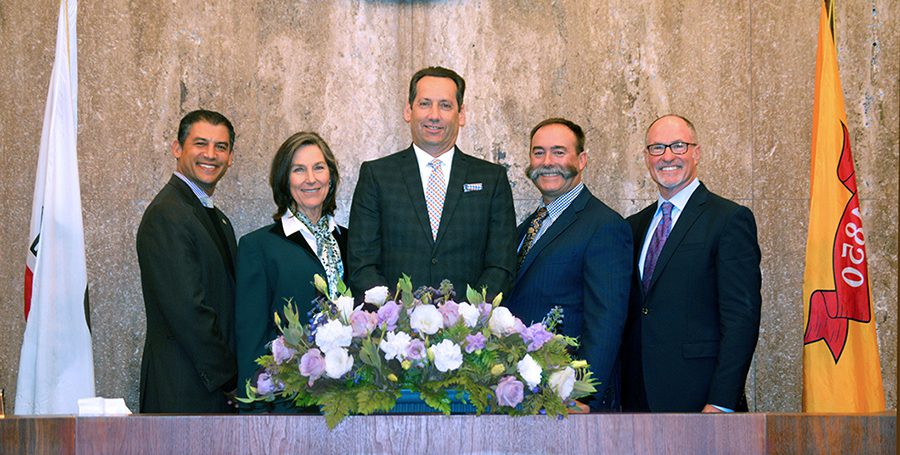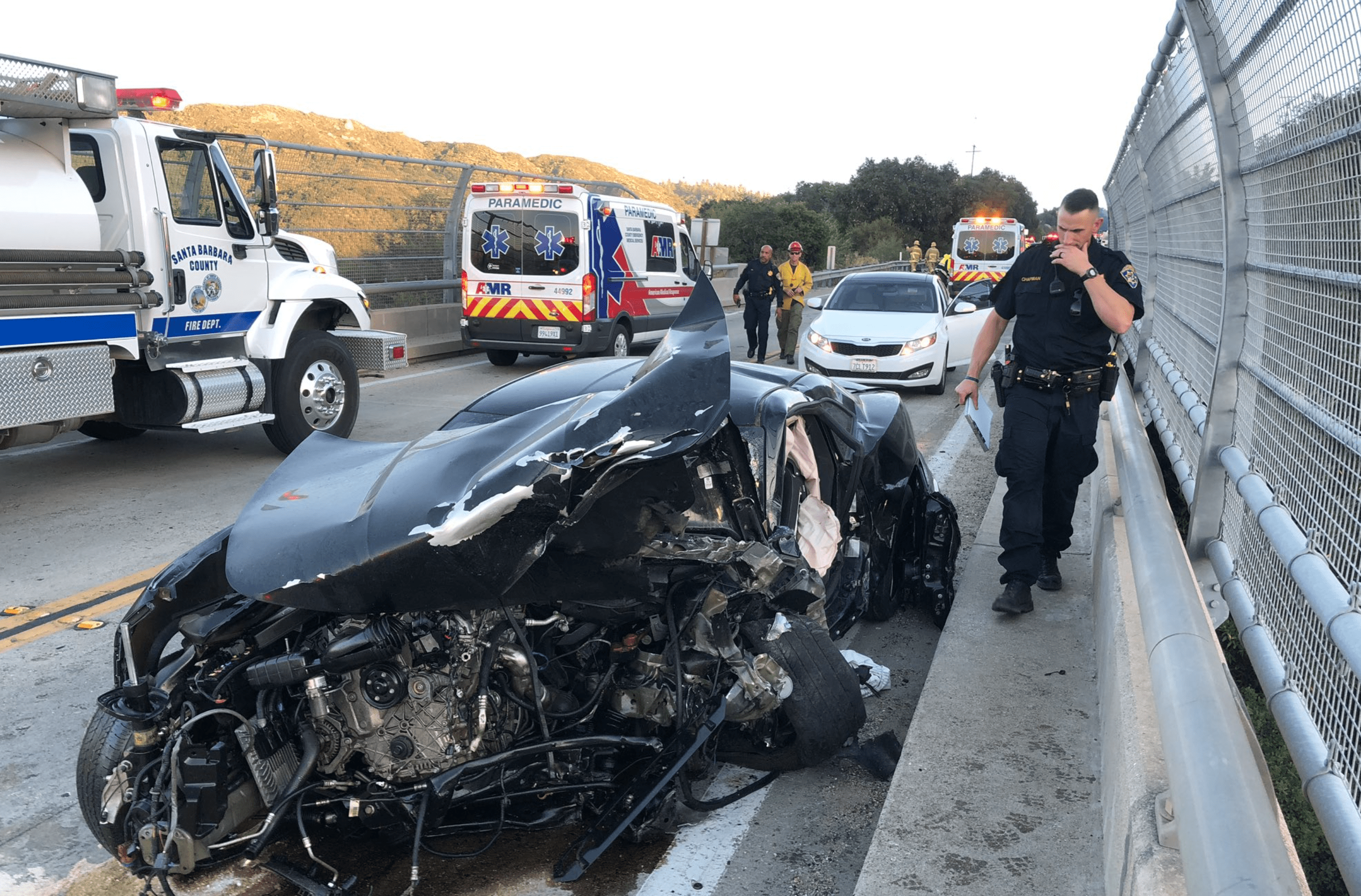Staff Report
On Feb. 4, the Santa Barbara County Board of Supervisors heralded a new program to divert individuals with serious mental illness or substance abuse from jail to services and support. This is one in a host of recent new initiatives focused on diversion, mental health and homeless services and facilities.
In addition, the board also approved several contracts to increase shelter beds, supportive housing services, and homeless services with community providers.
The new collaborative program, called “transformative” by Board of Supervisors Chair Gregg Hart, will create a new sobering center and an additional co-response crisis intervention team (for a total of three) that consist of a trained sheriff’s deputy and mental health professionals. The Board also approved 20 new supportive housing beds. The programs are funded by a State Prop 47 grant of nearly $6 million to span a 45-month period.
The endeavor, led by Public Defender Tracy Macuga in close collaboration with Behavioral Wellness Director Alice Gleghorn, brings other program partners together including the Sheriff’s Office, District Attorney and local community-based organizations.
The program is uniquely designed to divert individuals with a history of serious mental illness and substance abuse from the criminal justice system to crisis stabilization and comprehensive wraparound services including housing assistance.
Other actions were approved to bolster mental health and homeless services in the county. Contracts were approved for the establishment of two new mental health supportive services shelter beds in Lompoc as well as $480,000 to fund four new permanent supportive housing beds for transitional age youth (age 18 to 25) in Santa Maria. These beds are funded with state Homeless Emergency Aid Program (HEAP) funds administered locally by the County of Santa Barbara. Both projects include funding for wraparound supportive services.
Approval of these grants follows the Board of Supervisors approval on Jan. 28 to assist felony mental health clients through a three-year, $2.4 million grant from the Department of State Hospitals. This project establishes treatment and support services for six individuals annually. In addition, 12 new crisis residential housing beds will also be established for this population through the grant.
Finally, the Board approved the direction of $2.5 million in State AB 109 Community Corrections Partnership funds to construct a facility that will serve both felony and misdemeanor clients whose mental health issues prevent them from participating in their legal cases. A minimum of eight individuals will be treated and receive services in this facility.
For more information about the County of Santa Barbara government organization, go to www.countyofsb.org.








